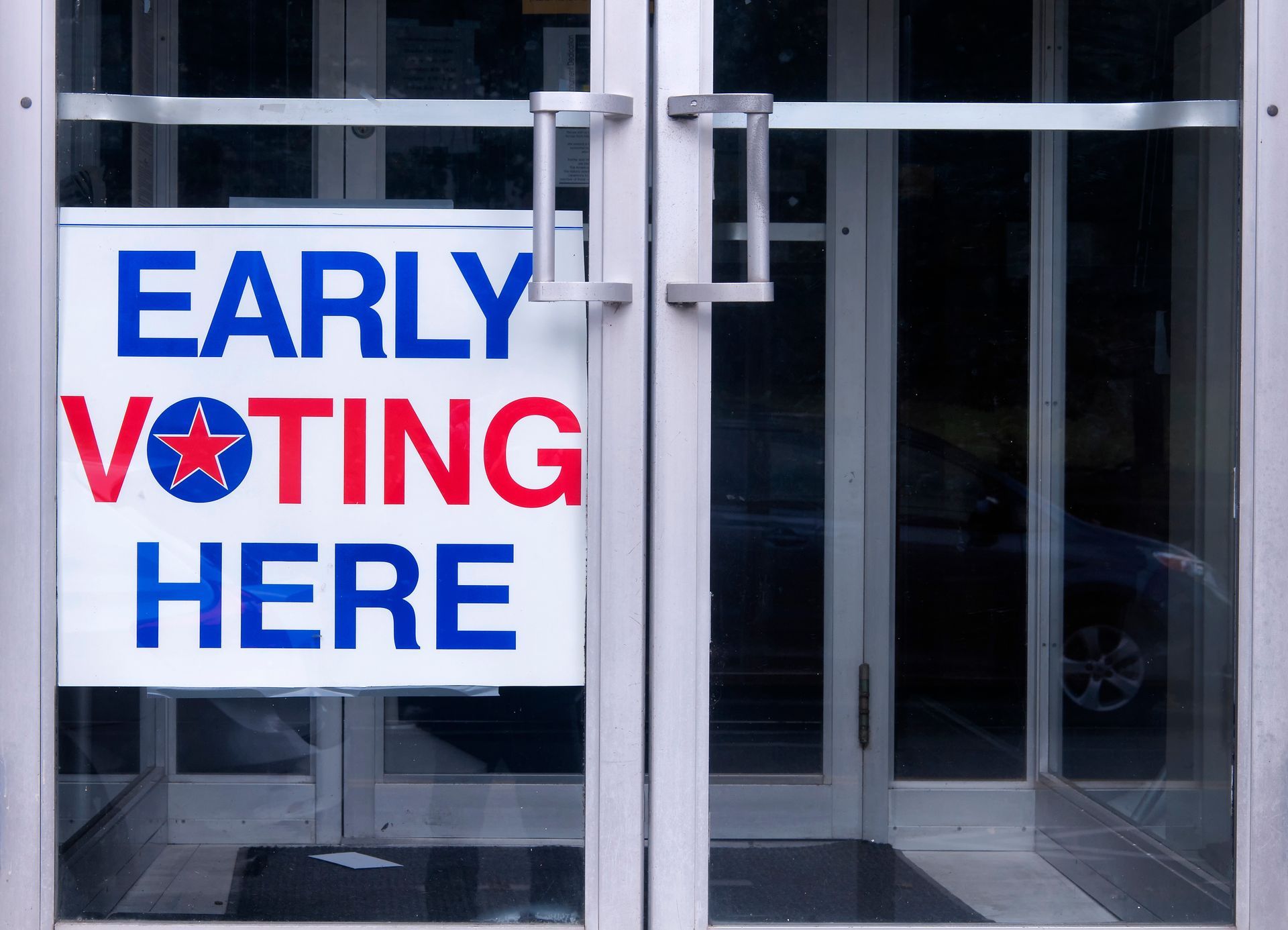Like many people, you may have accumulated debt by taking out a loan, purchasing items with a credit card or enrolling in a payment plan for an item or service you purchased.
As a debtor, you have certain rights guaranteed by the state of Minnesota, such as protecting your income from excessive garnishments (no more than 25 percent of disposable wages) if you default on your debt.
Similarly, creditors have certain rights they can exercise if the debtor is neglecting to pay back the money they borrowed. These rights include garnishing wages and sending debt collectors after the debtor for purposes of collecting the debt.
Generally, creditors with whom the debt originates tend to have more rights than debtors. However, this doesn’t mean you have no right to defend your interests when you fall on hard times and struggle to pay back your debts.
If you believe a debt collector is violating your rights or you’re not sure how to pay off your debt, it may be in your best interest to discuss the matter with an experienced consumer rights attorney.
What Is a Debt Collector?
A debt collector is a person (who typically works for a debt collection agency) that collects unpaid debts from individuals or businesses. Debt collectors typically work on behalf of creditors and attempt to recover the money owed by contacting debtors and negotiating repayment plans.
A debt collector typically steps in when a debt has gone unpaid for an extended period of time. Generally, this is after the creditor has sent multiple notices and attempted to contact the debtor without success.
How Can a Debt Collector Contact Me?
Debt collectors are allowed to contact you in a variety of ways, including by phone, mail, email and text message. However, they must follow certain courtesy rules when doing so. For example, they cannot call you before 8:00 am or after 9:00 pm. They also cannot call you at work if you have asked them not to do so. Additionally, they cannot use abusive language or threaten you with legal action if they don’t have the authority to do so.
If you’ve changed your phone number or blocked the debt collector’s number to prevent them from calling you, they have the right to contact other people and ask for alternative contact details, such as your work number, but they cannot disclose to others you owe debt.
Lastly, if you’ve hired a lawyer to handle your debt collection case, a collector has no right to contact anyone but your attorney.
Can a Creditor Garnish My Wages?
Yes, a creditor can garnish your wages, but only if they’ve obtained a court order. This is known as a wage garnishment. A wage garnishment is an order from the court that requires your employer to withhold a certain amount of money from your paycheck and send it directly to the creditor.
The amount that can be garnished in Minnesota is limited to 25 percent of your disposable income and the length of garnishment is limited to 70 days.
As an exception, your employer cannot garnish your wages if you earn less than $380 a week or receive federally exempt benefits like SSI.
What Rights Do I Have as a Debtor Regarding Debt Collection in Minnesota?
As a debtor, you have certain rights under the Fair Debt Collection Practices Act (FDCPA):
- The right to be treated with respect and dignity by debt collectors
- The right to receive written notice of the amount of the debt, the name of the creditor and an explanation of how to dispute the debt or seek validation of it
- The right to dispute a debt or seek validation of it within 30 days after receiving written notice from a debt collector
- The right to request that a debt collector cease communication with you regarding a debt, either verbally or in writing
- The right to sue a debt collector for violations of the FDCPA, such as harassment or false statements about your debts or legal rights
- The right to receive compensation for any damages caused by a violation of the FDCPA by a debt collector, including attorney’s fees and court costs
Can I Declare Bankruptcy if I’m Struggling to Pay Off Debt?
If you’ve accumulated a lot of debt and feel it’s impossible to ever pay it off, it’s understandable you may be considering declaring bankruptcy not only to eliminate your debts but also to avoid costly and nerve-racking wage garnishments and lawsuits.
However, it is important to know bankruptcy is a serious legal process and should not be taken lightly. Declaring bankruptcy isn’t equivalent to wiping your slate clean. There are usually several consequences of going this route, including difficulties obtaining credit in the future.
Before filing for bankruptcy, it is important to speak with a qualified attorney to discuss your options and determine if bankruptcy is the best solution for your situation.
Are You Struggling with Debt and Debt Collectors?
If daily phone calls and messages from debt collectors are keeping you up at night, you may benefit from discussing your case with a skilled attorney.
At the Minnesota Lawyer Referral and Information Service (MNLRIS) , we’ll help you get in touch with local lawyers who can offer you the legal guidance and representation you need.
To learn more, call (612) 752-6699.
The post Creditor Rights Versus Debtor Rights in Minnesota first appeared on Minnesota Lawyer Referral and Information Service.




